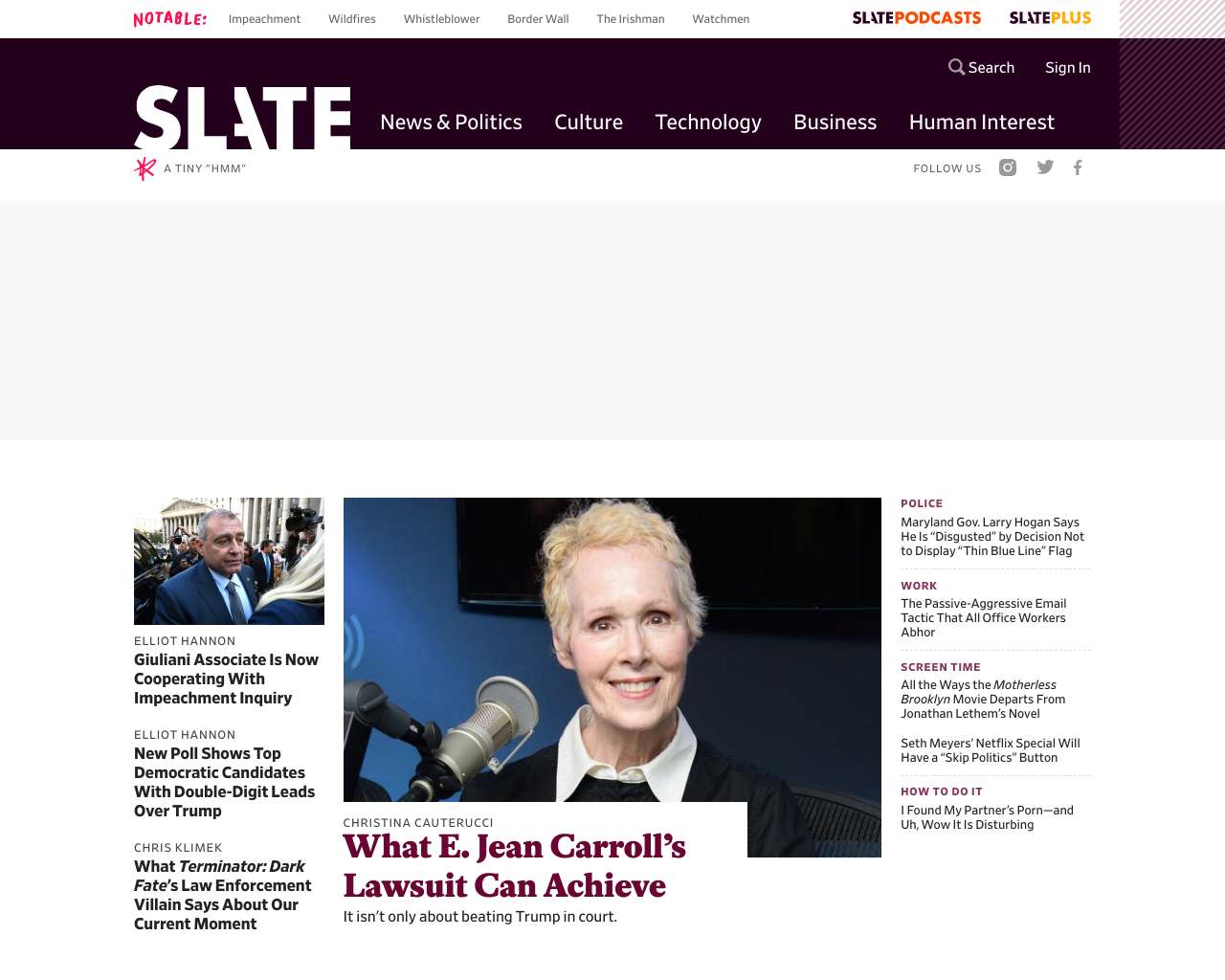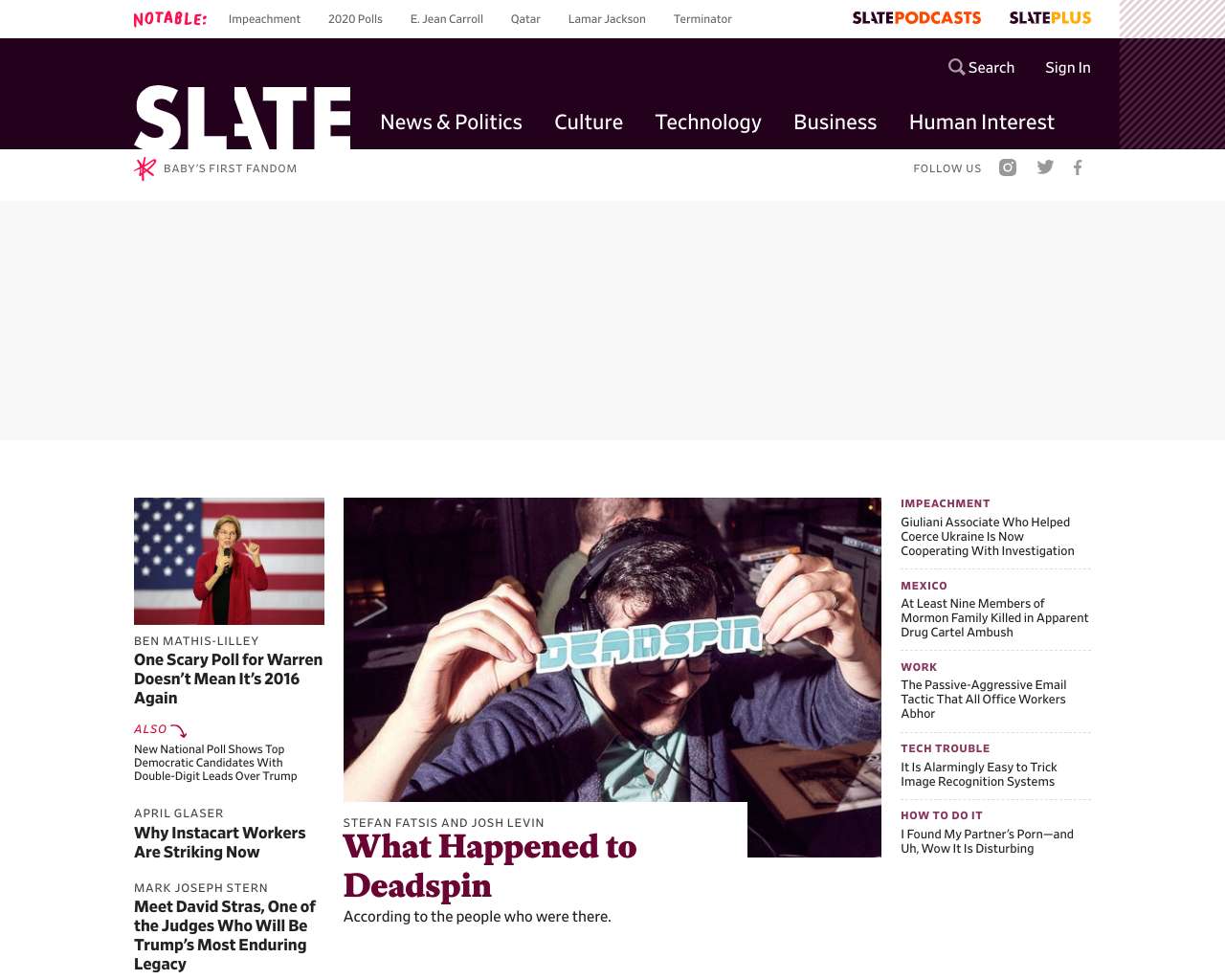

But there’s also that limit of when do I turn it off? Do I need to know everything that’s happening minute by minute? Because that actually can cause significant stress on a person. It’s important for us to know when when disaster strikes and to have some kind of understanding of how we might be able to help. There is so much that is going on, and images or played over and over and over and over again. How do you think about the media and its role in all of this here.

What Happened to That DeSantis–Newsom Debate? And so, there’s all these secondary traumatic stress symptoms that we can also get, even if we’ve never even experienced this disaster firsthand.īrett Kavanaugh’s Whoopsie Forces Groundhog Day at the Supreme Courtīiden Is Taking a Step Toward Legalizing PotĪ Terrible Plan to Neutralize Trump Has Entranced the Legal World So being constantly on edge, having dreams about disasters that you didn’t even necessarily experience directly. If people are watching the media over and over again, you can also experience secondary traumatic stress, which mirrors post-traumatic stress symptoms. Well, the images are so stunning at the beginning of a disaster, and you can kind of get flooded with them.

How can we support people during that long-term recovery? Because there’s so many events. But what we’re not hearing about much is the good stories of recovery. You hear about disaster to disaster to disaster. But then you hear about the next disaster, and it’s very surface level. People are inherently pretty caring, and they want to support others, but they don’t know how. We hear, “OK, this disaster’s happened, all these people have died or we’re searching for all of these people.” And you hear the size and the scope. I think that energy can be harnessed as long as they’re provided some knowledge about how can we support people and how can we support each other in disasters rather than just hearing what we hear in the media. I wonder how you think people who are observing more disasters at a distance, like not necessarily experiencing them, can harness that same energy. And what can I do if a disaster strikes to support my own emotional needs? And not just those basic needs that you have, but really, what are the resources that I have? Both individual coping resources, family supports, community supports. That’s really where a lot of the fatigue sets in for survivors.Įxactly. With so many disasters happening right now, we see as people go from disaster to disaster, but they don’t recognize that two, three years later, those communities are still recovering and are still really struggling trying to get their basic needs, trying to rebuild their homes and lives. And so, the hurricane definitely wasn’t over. They were living multiple families in one house because the housing just wasn’t restored. There were a lot of child-headed households there. But I do remember getting questioned often, in around 2007, when I was still doing that work and the funding was starting to dry up for supports for people-people from outside who weren’t living in New Orleans, who hadn’t really seen it, they said, “Well, when does the hurricane end? When is this over? Everybody should be recovered right now.” But still, most of the children I was working with, a lot of the families were displaced.


 0 kommentar(er)
0 kommentar(er)
